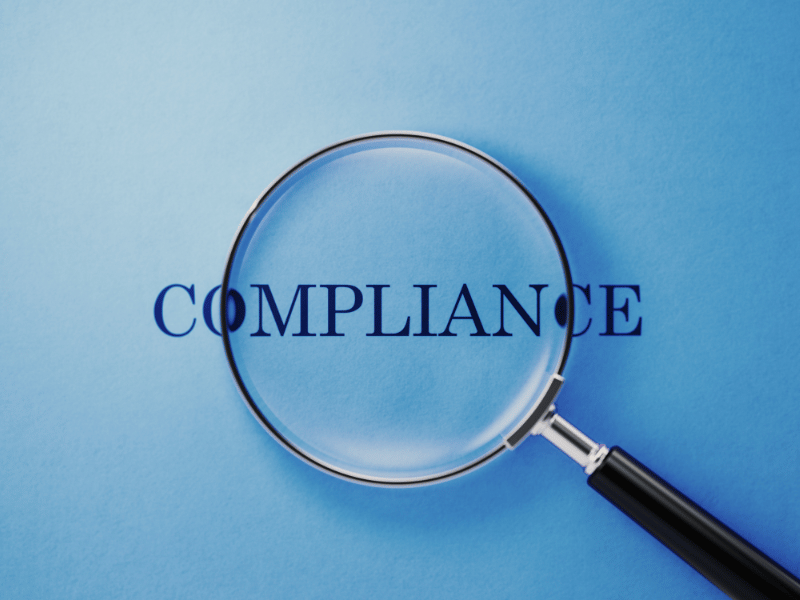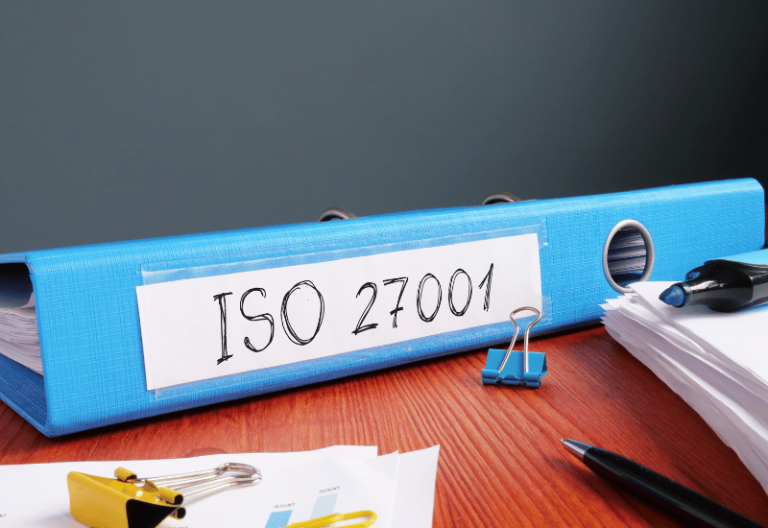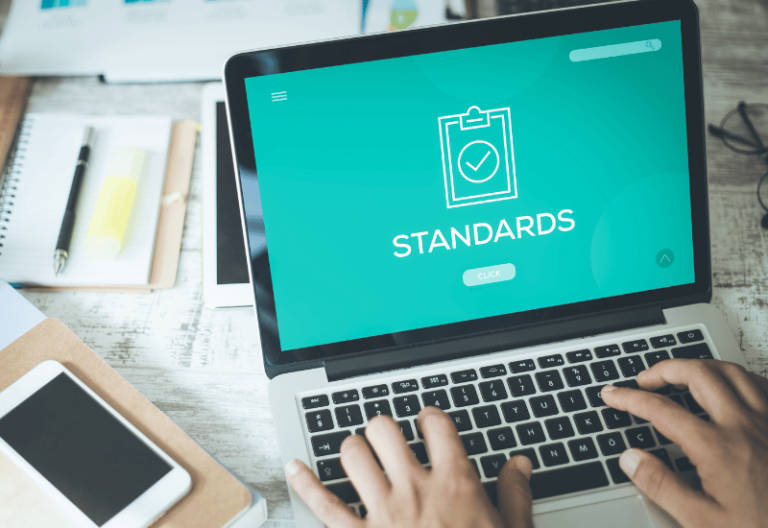ISO 27001 or SOC 2 certification? The type of certification that your company obtains matters significantly, especially if you have to meet specific regulatory guidelines. Both standards aim to protect data privacy and security. However, they have significant differences in scope, criteria, and application.
Let’s explore the differences between ISO 27001 and SOC 2 to help you determine whether your business needs one or both.
Table of Contents

Introduction to ISO 27001 vs SOC 2
Overview of ISO 27001
ISO 27001 is a global standard for international security management systems (ISMS) created by experts from the International Organization of Standards (ISO) and the International Electrotechnical Commission (IEC). It has been revised over the years to reflect changes in cyber security, with the latest iteration being ISO/IEC 27001:2022.
ISO 27001 standards apply to organizations of all types and sizes and across various industries. A multinational financial services company might obtain ISO 27001 certification to protect the financial information its clients share and improve their ISMS. However, Linford and Co., a CPA firm, mentions that ISO 27001 has more traction in the European market. US-based companies will usually choose to self-audit against ISO 27001 standards but not receive a certification.
Overview of SOC 2
SOC 2, or System Organizations Control 2, is another cybersecurity standard developed by the American Institute of Certified Public Accountants (AICPA). It provides various criteria to ensure that data is secure, available, complete, error-free, confidential, and private. A SOC 2 report attests that a company’s internal controls meet the five SOC 2 Trust Service Criteria (TSC) for security, ensuring a system is protected against physical and logical unauthorized access.
SOC 2 is important for service providers that handle sensitive data, such as cloud services, healthcare claims management, and SaaS companies. For example, a SaaS provider offering cloud-based HR solutions to businesses might undergo a SOC 2 audit to show that it has the necessary controls to protect customer data, making it only available to authorized personnel.
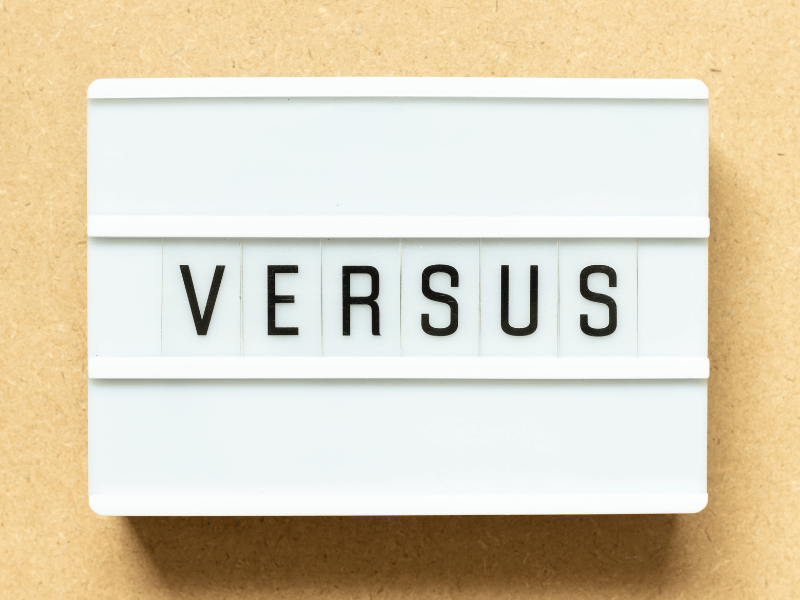
Key Differences Between SOC 2 and ISO 27001
Now, you might think there’s not much of a difference between ISO 27001 and SOC 2. The IT Governance EU blog mentions that the two frameworks share 96% of the same security controls. They both provide security controls to protect sensitive data.
However, the main difference between SOC 2 and ISO 27001 lies in their scope, controls/criteria, certification process, and industry relevance.
Purpose and scope
ISO 27001 covers all aspects of data protection and risk management, focusing on improving your company’s ISMS. Its purpose is to establish, implement, maintain, and improve the ISMS.
In contrast, SOC 2 evaluates a system’s controls. A system refers to the infrastructure, software, people, procedures, and data used to process, store, and transmit data. The purpose of SOC 2 is to evaluate the company’s system against the TSC that is relevant to the organization.
Criteria and controls
ISO 27001 requires your company to implement an ISMS based on specific security standards. ISO 27001 provides the security standards, and your company develops ISO 27001 policies based on these standards.
A SOC 2 report measures a system based on the five TSCs: Security, Availability, Processing Integrity, Confidentiality, and Privacy. A SOC 2 audit is tailored to your company’s operations. Not all TSC may be relevant to your company. However, Security is required for all SOC 2 reports.
Certification Process
Let’s discuss ISO 27001 certification vs SOC 2 compliance. The ISO 27001 certification process requires a gap analysis, documentation, regular internal audits, and, finally, an official audit by a credible ISO 27001 certification body. Your company and the certification body also conduct regular surveillance audits to ensure your ISMS is continuously monitored and improved.
A SOC 2 audit requires, first of all, choosing a report type. SOC 2 reports can be Type 1 (covers a single date) or Type 2 (covers an extended period). Afterward, you should identify the audit scope, conduct a gap analysis, complete a readiness assessment, and begin the formal audit. A licensed CPA firm or an AICPA-accredited agency should conduct the audit, with the report being valid for 12 months.
Industry relevance
ISO 27001 applies to various organizations globally, regardless of type, size, and sector. While SOC 2 was created by the AICPA, like ISO 270001, it is not limited to US-based companies. It’s vital for any organization worldwide, particularly those providing services involving sensitive data, especially those offering cloud and technology services.
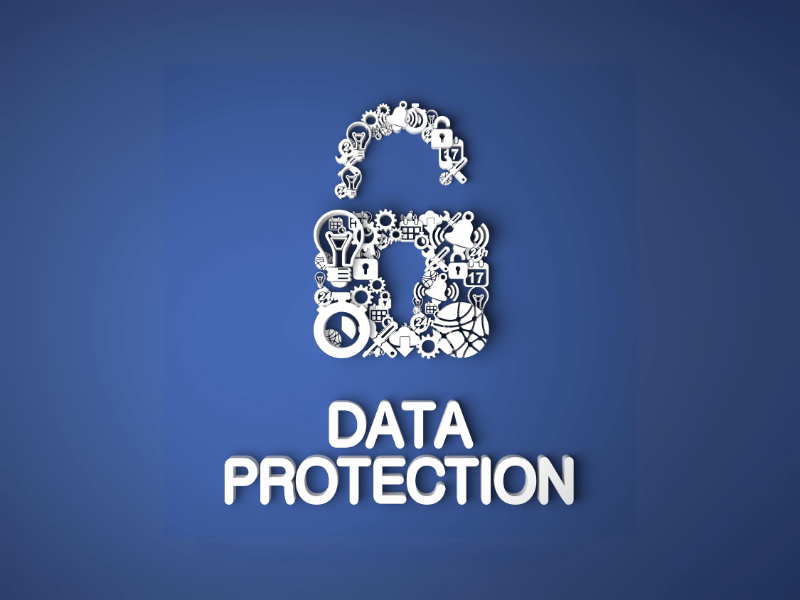
Benefits of SOC 2 Compliance vs ISO 27001
SOC 2 and ISO 27001 have multiple and similar benefits.
ISO 27001 helps your company:
- Apply a comprehensive framework to manage information security risks
- Comply with international data protection regulations such as the GDPR
- Gain international recognition, facilitating international trade and business operations
- Gain customer trust as a company that has an effective ISMS to guard sensitive data
SOC 2 helps your company:
- Gain customer trust, ensuring that the systems you use have effective controls to protect data
- Stand out in the market by proving you’re committed to data security
- Continuously monitor and improve your system’s security controls
Choosing the Right Standard: SOC 2 vs ISO 27001
Both SOC 2 and ISO 27001 are valuable frameworks for information security. Your company should consider your specific needs, industry requirements, and the nature of the data you handle.
ISO 27001 is relevant for companies that need a comprehensive information security management system. Meanwhile, SOC 2 is ideal for service providers who must show clients that their systems apply strong data security practices.



